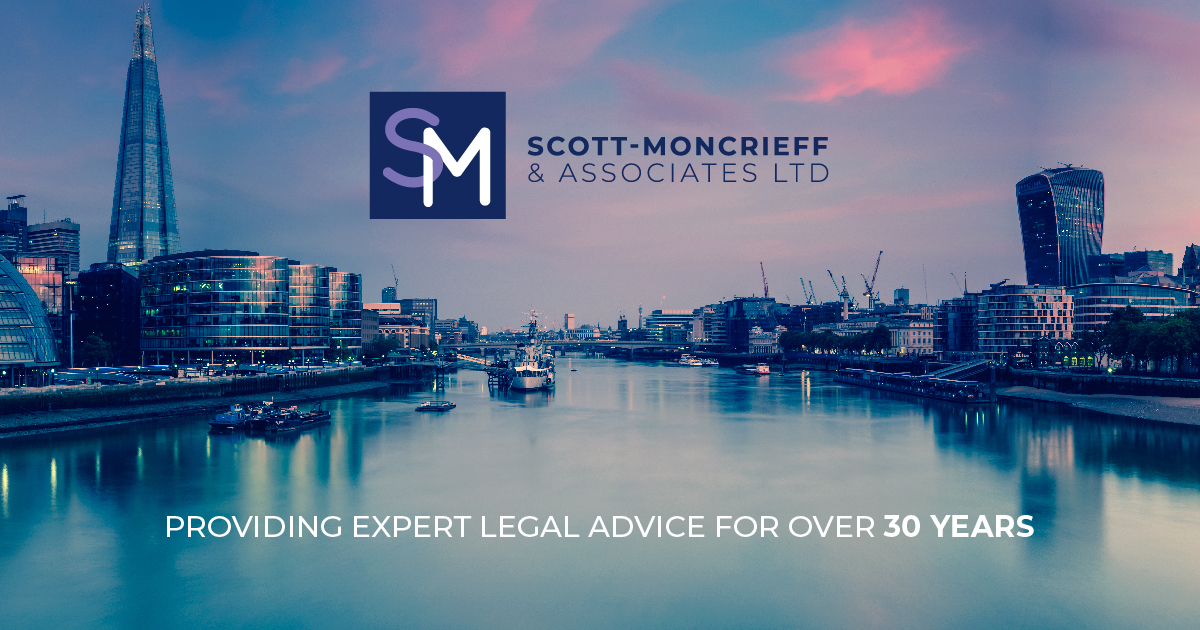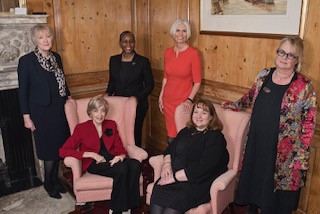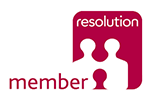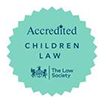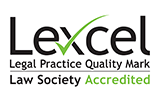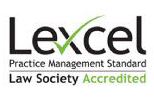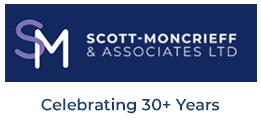Speedier and More Cost-Effective Dispute Resolution
Every business will have to deal with a dispute at some point – whether with a supplier, a customer, a bank or an employee. But being in dispute doesn’t have to mean going to court. Alternative Dispute Resolution (ADR) offers a cost-effective alternative and one that Judges now expect businesses to have considered before undertaking formal litigation. Scott-Moncrieff’s top-flight team includes specialist lawyers who have been highly trained in ADR techniques and who have first-hand experience of the other side of the fence – of working for blue-chip companies and dealing with workplace disputes.
What are the benefits of ADR?
ADR is increasingly popular with businesses seeking to avoid the high cost and potential negative publicity that litigation can bring. In fact, many commercial agreements will contain a clause setting out how disputes should be resolved and arbitration is frequently specified.
ADR is an ideal way of dealing with disputes if the parties want to ensure a continuing relationship. This is partly because it sets out to secure an outcome that benefits everyone and partly because confidentiality means no-one suffers the negative effects of publicly ‘losing.’
There are all sorts of advantages in adopting this approach to dispute resolution, including:
- flexibility (as the parties involved in the dispute have input into the process)
- suitable for disputes involving more than one party
- lower costs
- parties are able to choose the professional who leads the negotiations
- speedier resolution than formal litigation
- practical solutions tailored to parties’ interests and needs
- durability of agreements
- confidentiality
- relationships and reputations can be more easily protected.
Arbitration, Mediation and Conciliation
The three alternatives to litigation are arbitration, mediation and conciliation. Arbitration and mediation are similar in that both involve using a neutral third party to oversee the process. Both sides have to agree on the mediator so there’s a level playing field from the outset.
Mediation tends to involve using a professional who does not ‘judge’ the dispute but helps to facilitate discussion. This neutral third party will encourage the parties to focus on their commercial interests and to agree on a compromise that gives both sides something.
If negotiations are successful, all parties will sign the agreement which then becomes legally binding. If the negotiations aren’t successful, or if they only succeed partially, the parties can then take the outstanding issues to arbitration or litigation, if they wish.
Arbitration is closer to a formal court process, in that the parties in dispute have to abide by the decision made by the arbitrator after he or she has considered all the evidence supplied.
Conciliation, on the other hand, is usually carried out by a recognised body. In employment matters this is likely to be ACAS. If a settlement is achieved it is legally binding for the parties.
What’s involved in the ADR process and how long will it take?
It usually takes up to a month to set up ADR. The process typically involves the following stages:
- the parties exchange case summaries and supporting documents and provide copies to the mediator
- the mediator will ensure both parties are represented by someone with authority to settle the dispute
- a joint meeting takes place at which the ground rules are set out and with an opportunity for each party to make an opening statement outlining the main issues
- a series of confidential private meetings takes place at which the mediator tries to find out what each party wants to achieve and what they really think of the strengths and weaknesses of their case
- the mediator goes back and forth between the parties, gradually trying to bring them closer together
- there may be one or more joint meetings to find out how far the parties have moved
- the mediator will put forward the agreed solution
- an agreement will be drawn up and signed by both parties to make it legally binding.
What if ADR doesn’t work?
The next step is usually to begin formal court proceedings. When this decision is made, it’s inevitable that both parties will be influenced by what happened during the ADR process. However, no-one is permitted to reveal anything that was said or offered during arbitration, which remains 100% confidential.
What about funding our case?
Our specialist ADR and mediation solicitors will advise on the best way of covering your legal costs so that it’s as affordable as possible. We know it’s vital to keep you 100% informed about what you’re spending as your case progresses and we’ll provide regular fee updates so that you’re never in the dark.
Contact our Mediation for Business Lawyers in London
We serve clients throughout England and Wales, including London, Manchester, Bristol, Kent and Brighton.
For more information get in touch via our online contact form or call our team now on 020 3972 9011 .



